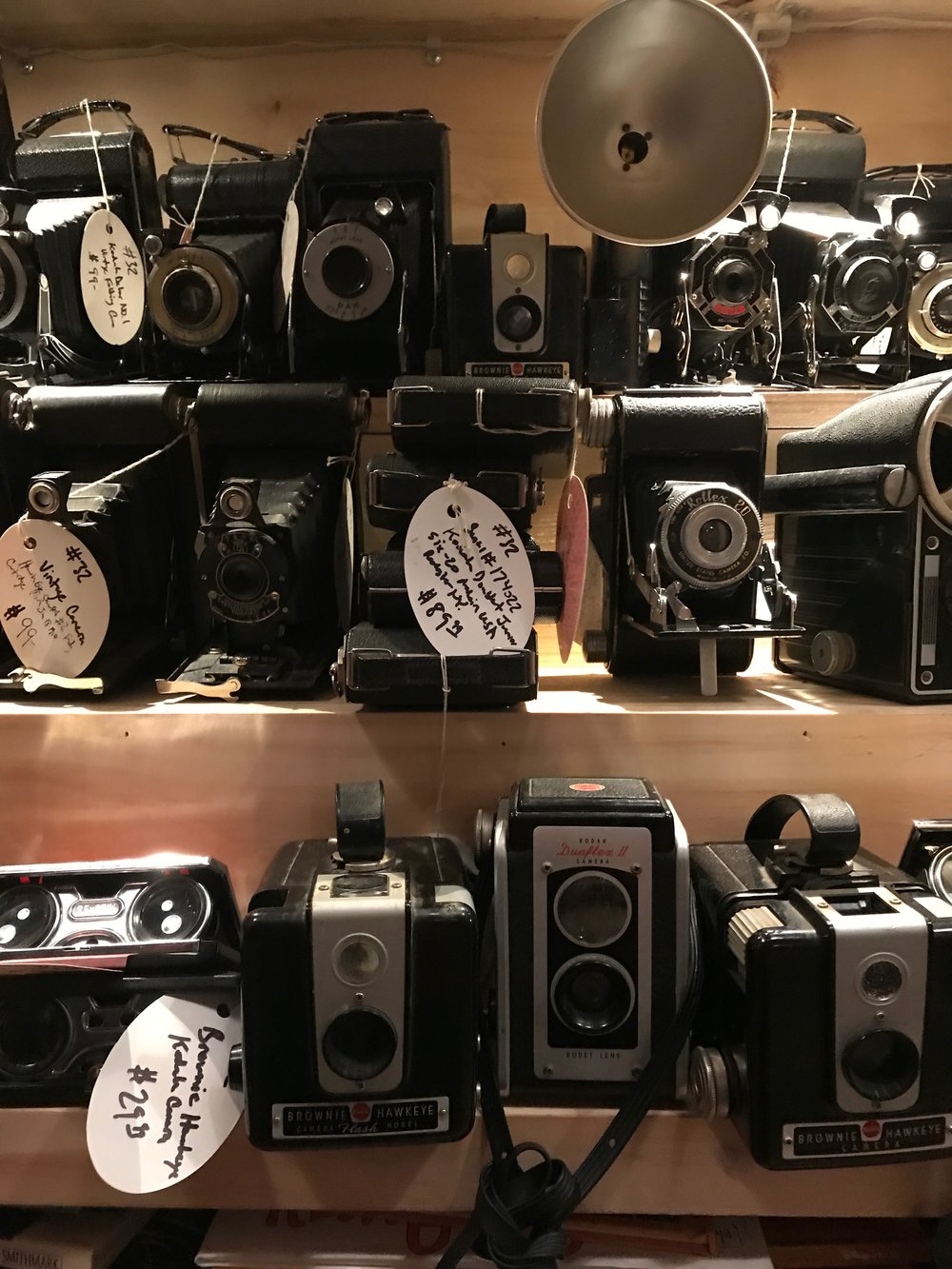
Several organizing challenges commonly occur with my clients. A few months ago, I had the pleasure of talking with my friend, John Hunt, from Smead, about the top five organizing challenges and strategies for overcoming them. I’m thrilled to share these two podcasts with you.
If you’re stuck or overwhelmed or know someone who is, keep reading. You’ll learn how to shift your perspective, engage new strategies and possibilities, and confidently take next action steps forward.
Top 5 Organizing Challenges . . .
1. Transitions
Life transitions such as a move, new job, birth of a child, or loss of a loved one can create “situational” or temporary disorganization. Transitions can be overwhelming because they can involve something unfamiliar. Current organizing systems may no longer work and require adjustments. Watch the video (Part 1) to learn transition strategies like making a list of areas that need editing and organizing or recalling other past transitions that were successfully navigated.
2. Papers
While we live in a digital age, papers are still a big organizational challenge. Overstuffed and outdated files, unopened mail, and the management of paper can easily cause us to feel overwhelmed. Watch the video (Part 1) to learn paper management strategies including creation of a simple system to process incoming paper.
Organizing Challenges: Transitions and Paper, and How to Overcome Them (Part 1)
Linda Samuels' Smead interview with John Hunt - Part 1
3. Emotions
Organizing can be more challenging, especially when we have a strong emotional attachment to our possessions. This can happen when we’re experiencing grief or loss. Decision-making can be more difficult making it harder to let go. Watch the video (Part 2) to hear about possible strategies, which include engaging the help of a supportive, non-judgmental friend, family member or professional organizer and allowing your belongings to have “safe passage.”
“Organizing can be more challenging, especially when we have a strong emotional attachment to our possessions.”
4. Maintenance
Organizing involves not just establishing workable systems, but also maintaining them. Maintenance is an often overlooked, yet integral part of the organizing process. Watch the video (Part 2) to learn some maintenance tips including building in regular daily, weekly, monthly or quarterly stopgaps.
5. Mindfulness
Distractions interrupt our focus and frequently disrupt the organizing process. When organizing, we can focus on the future or past instead of the present. Watch the video (Part 2) to learn some mindfulness strategies including using “Full Circle Thinking”, where you purposefully pay attention and are mindful of what you’re doing while you’re doing it. Focus on one “circle” at a time until it’s complete such as “I’m opening the drawer and closing it.” Or, “I’m unlocking the door and placing my keys back in their home.”
Organizing Challenges: Emotions, Maintenance, Mindfulness, and How to Overcome Them (Part 2)
Linda Samuels' Smead interview with John Hunt - Part 2
What is your top organizing challenge? Are there strategies that work for you? What are the possibilities? I’d love to hear your thoughts. Come join the conversation!












